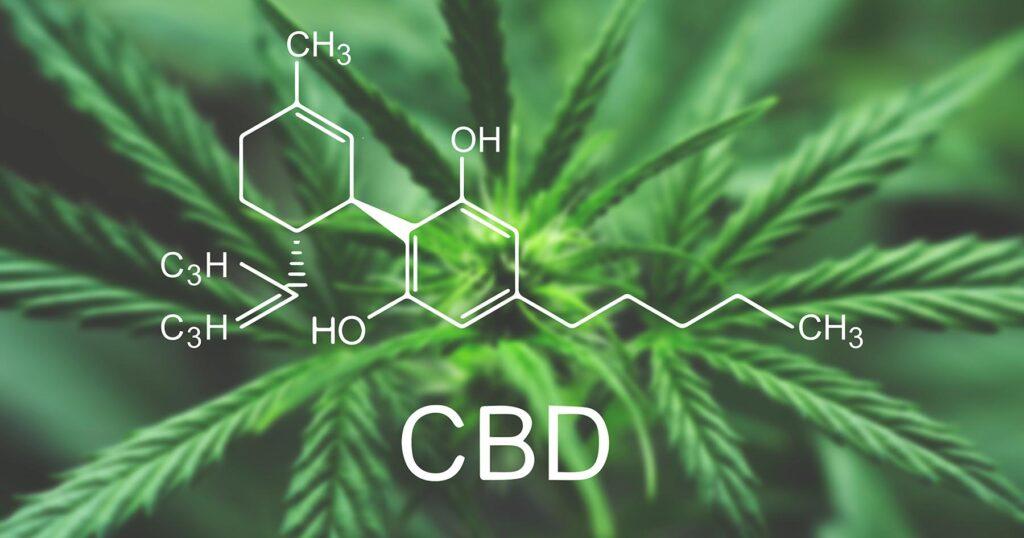Researchers in Spain have developed a novel CBD-based nanoparticle system that could improve the management of metabolic diseases, according to a study published in the Journal of Biomedical Materials Research Part A.

The study, conducted by researchers from Universidad de Sevilla, University of Cádiz, Universitario Virgen del Rocío, and Universidad de Cantabria, focused on creating polymeric nanoparticles (NPs) using poly(lactic-co-glycolic acid) (PLGA) to encapsulate CBD. These nanoparticles, which measured between 135 and 265 nanometers, demonstrated nearly 100% encapsulation efficiency and offered sustained release properties.
The therapeutic potential of the CBD-loaded nanoparticles was tested using an in vitro model of metabolic syndrome. Researchers exposed HepG2 liver cells to sodium palmitate and evaluated parameters such as cell viability, glucose uptake, lipid accumulation, triglyceride and cholesterol levels, and gene expression related to metabolism.
Findings revealed that CBD-loaded nanoparticles significantly outperformed free CBD. The nanoparticles enhanced glucose uptake, reduced lipid content, decreased triglycerides and total cholesterol, and increased HDL cholesterol. Gene expression analysis further indicated that the nanoparticles reduced gluconeogenesis by downregulating PPARγ, FOXO-1, PEPCK, and G6Pase, while promoting fatty acid oxidation through CPT-1 upregulation.
Researchers say these results suggest CBD-loaded nanoparticles could represent a promising new therapeutic strategy for treating metabolic disorders, though additional in vivo studies are needed to confirm their effectiveness.







